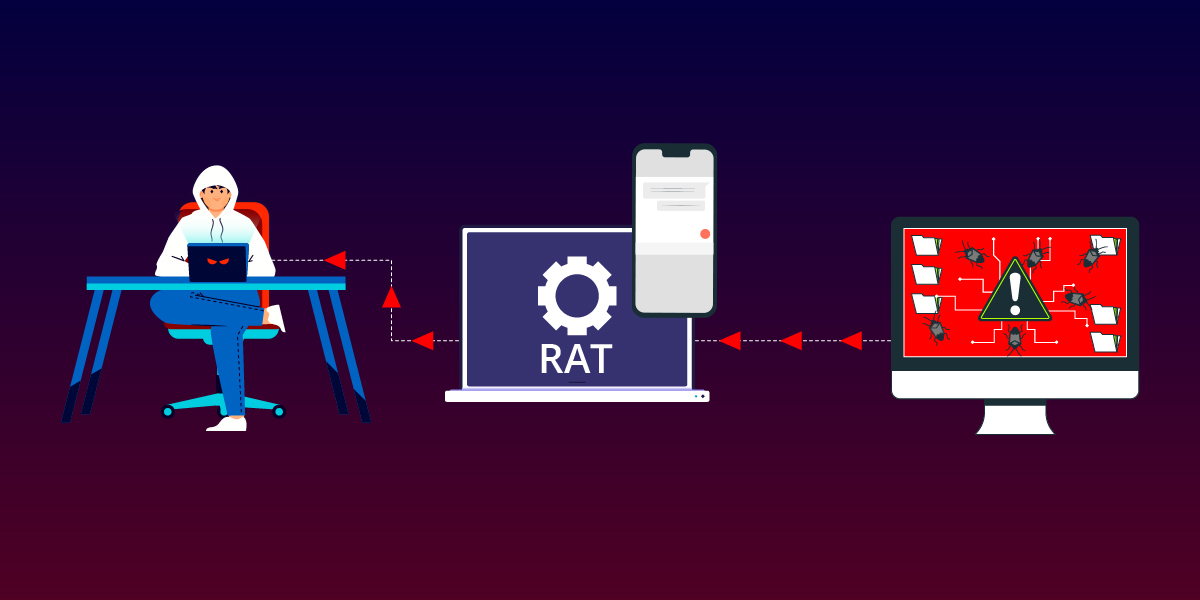Cyble Research and Intelligence Labs (CRIL) researchers have discovered that a Russia-linked threat group known as UAC-0184 is targeting Ukraine using the XWorm remote access trojan (RAT).
Cybersecurity threats are utilizing cloud services, such as AWS and DriveHQ, to store, distribute, and control malicious activities. This poses challenges for detection and prevention, as cloud services offer scalability and anonymity.
According to the Thales 2024 Cloud Security Study, 44% of organizations have experienced a cloud data breach, with 14% reporting incidents in the past year. Human error and misconfigurations were the top root causes, affecting 31% of cases.
The FBI has issued a warning about cybercriminals pretending to be law firms and lawyers offering cryptocurrency recovery services. These scammers target victims of investment scams, stealing funds and personal information.
Ta Van Tai, Nguyen Viet Quoc, Nguyen Trang Xuyen, and Nguyen Van Truong are accused of conducting phishing campaigns and supply chain compromises to orchestrate cyberattacks and steal millions of dollars.
SpyMax does not require the targeted device to be rooted, making it easier for threat actors to cause damage. Once installed, SpyMax gathers personal information from the infected device without user consent and sends it to a remote threat actor.
P2PInfect, a previously dormant peer-to-peer malware botnet, has recently become active and is now targeting Redis servers. The botnet has introduced new features like cron-based persistence mechanisms and SSH lockout.
Unlike previous methods, SnailLoad doesn’t require a person-in-the-middle attack or hacking the target’s Wi-Fi. Instead, it lets a remote attacker infer websites and content viewed by a user without accessing their network traffic directly.
Multiple WordPress plugins have been found to contain a backdoor that injects malicious code. This code allows attackers to create unauthorized administrator accounts, enabling them to perform malicious actions.
The Boolka group is responsible for deploying advanced malware and conducting web attacks. They have been exploiting vulnerabilities using SQL injection attacks since 2022, targeting websites in various countries.








